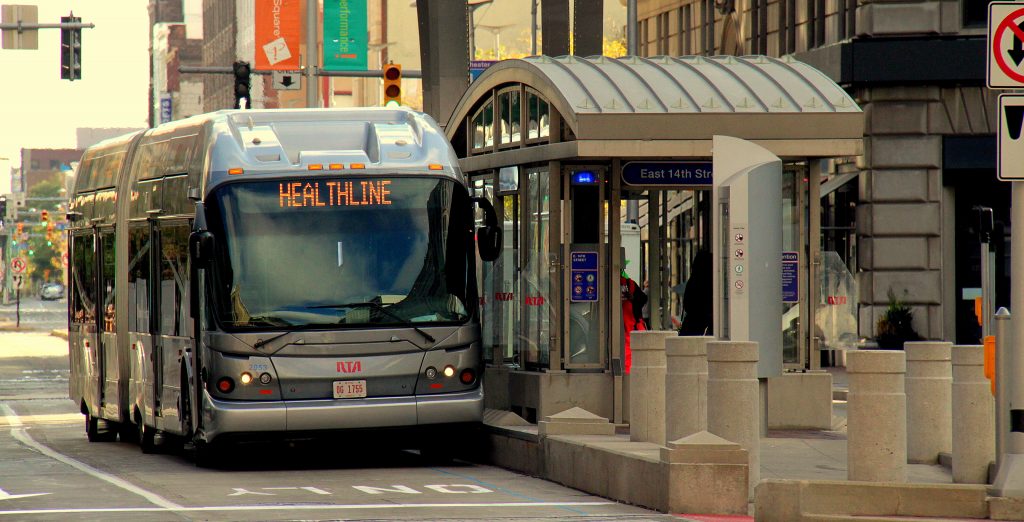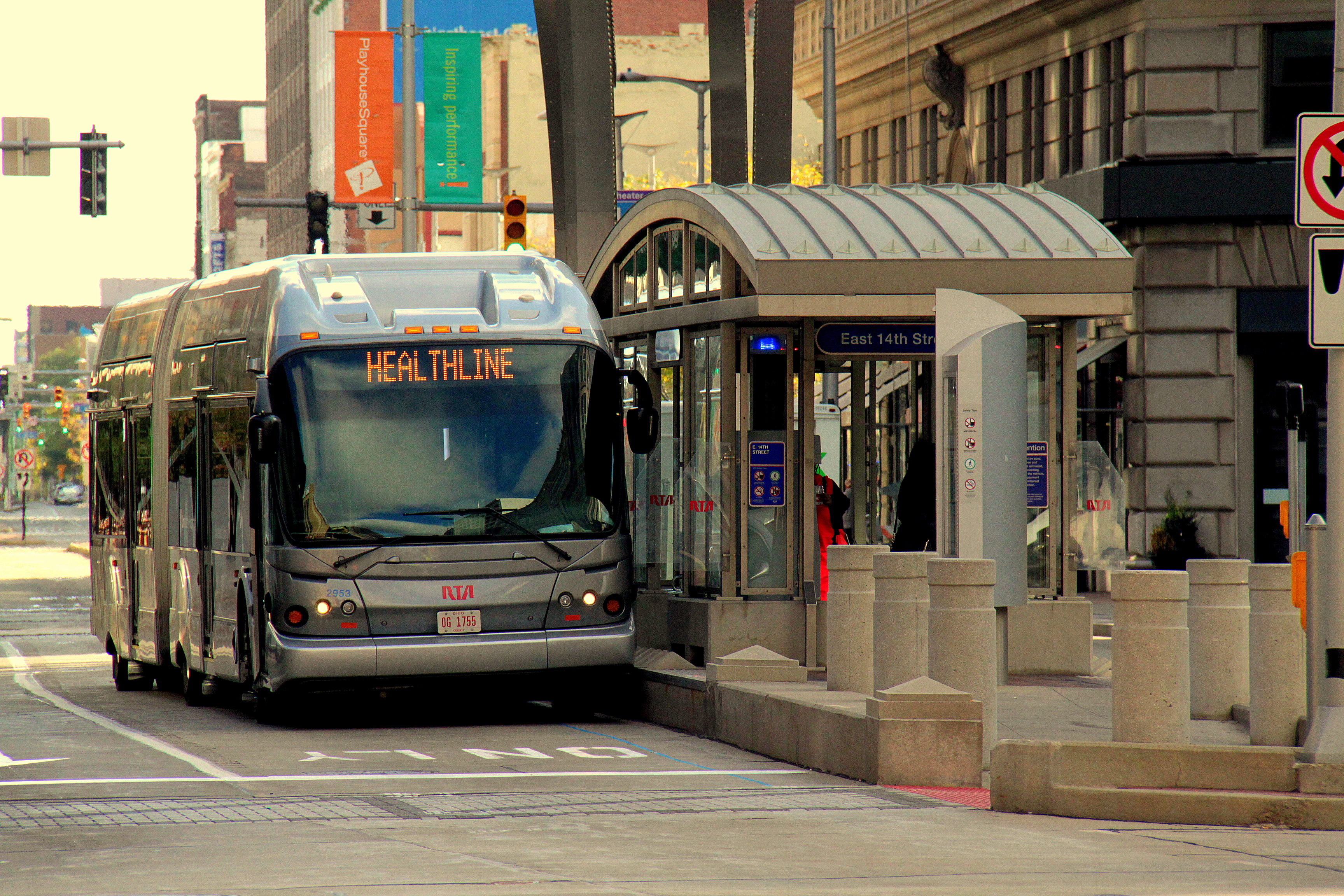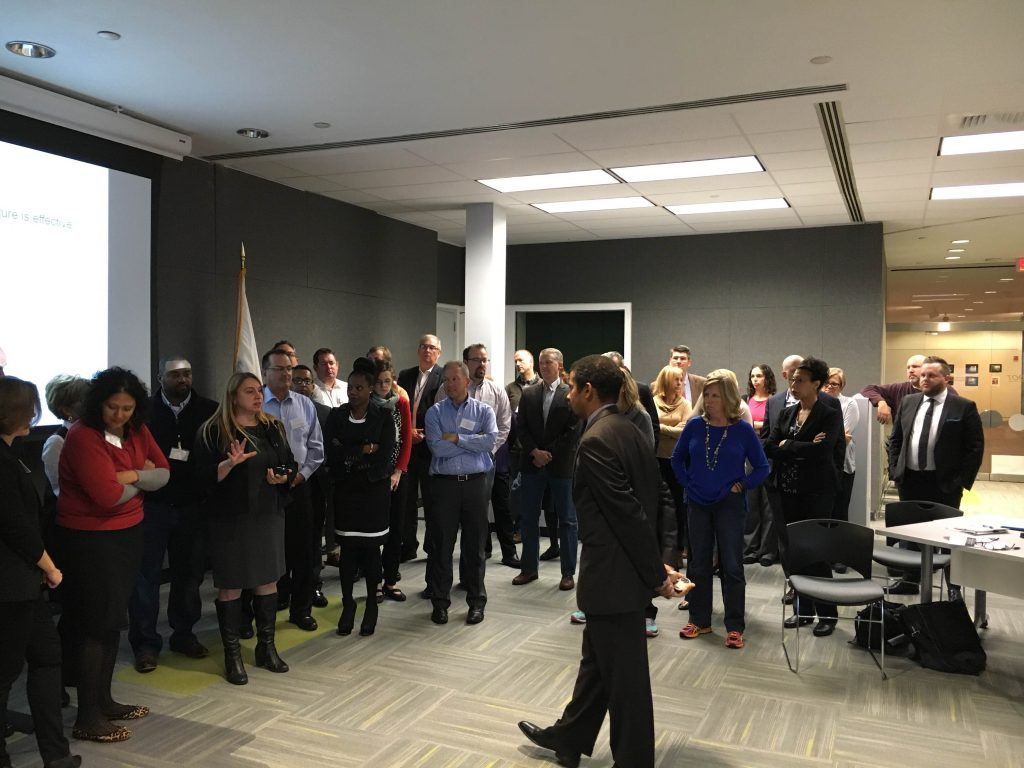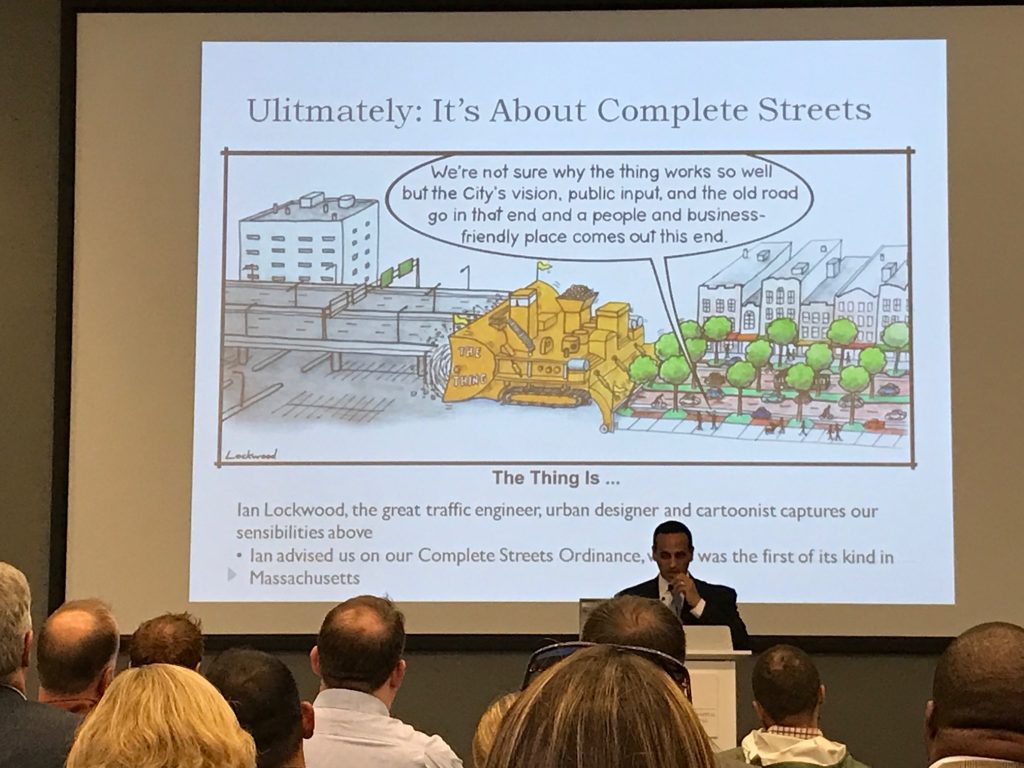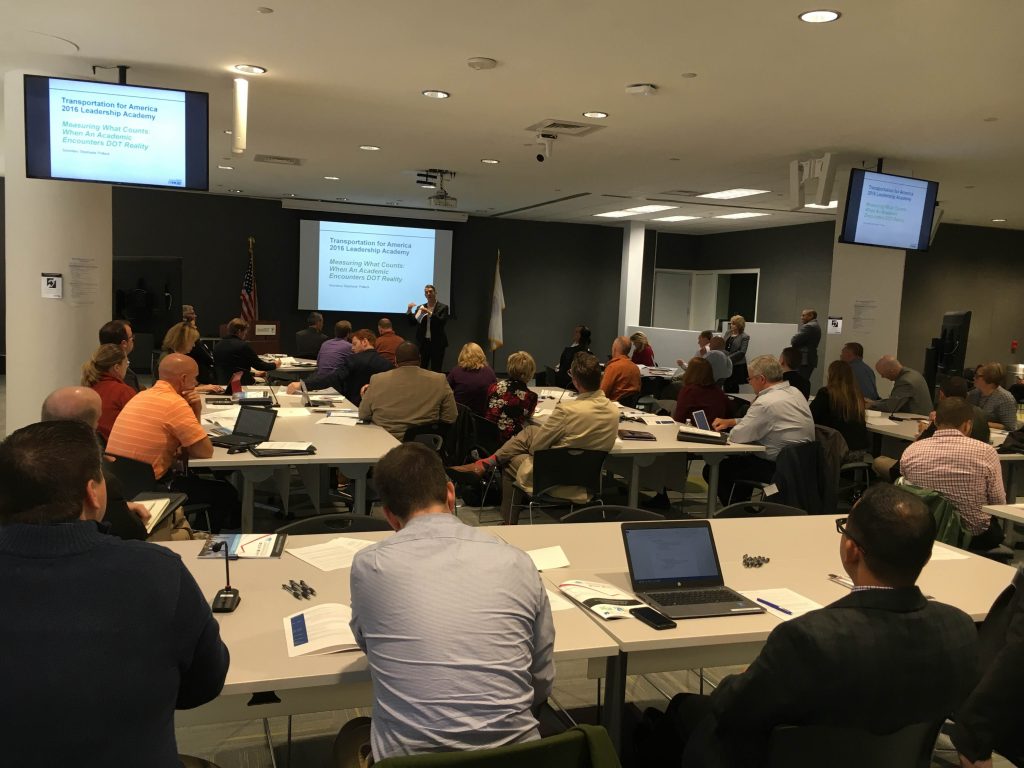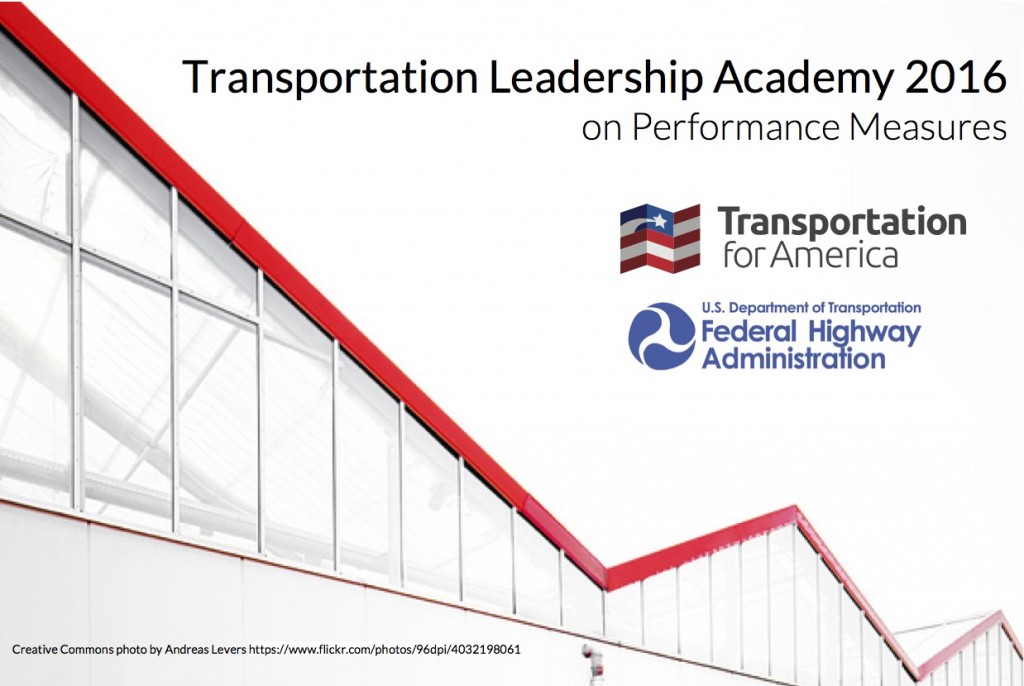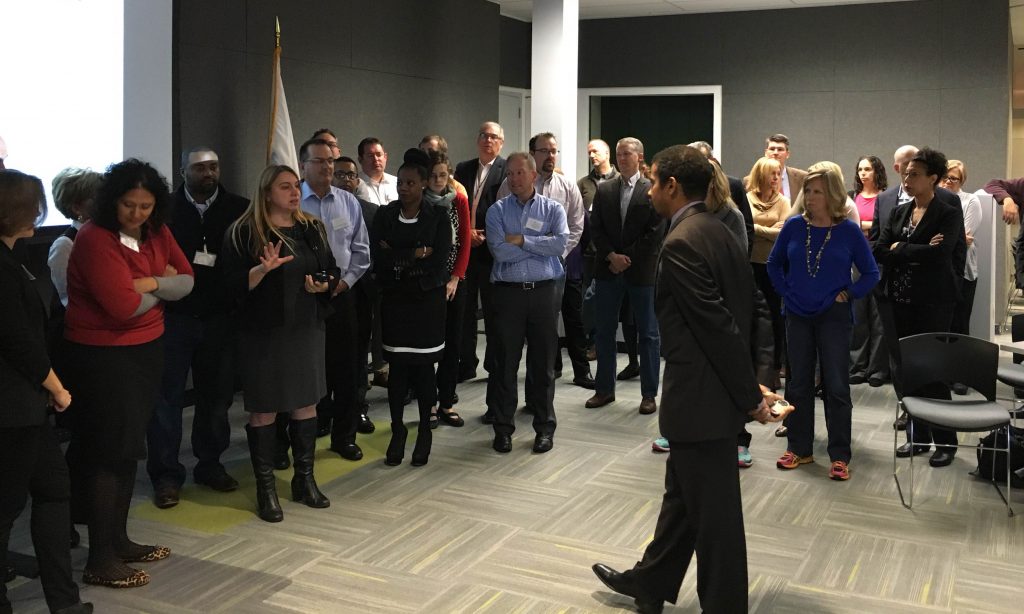
Following the success of last year’s academy sponsored by the Federal Highway Administration, the Barr Foundation is sponsoring a new Transportation Leadership Academy for regional planning agencies in Massachusetts focused on using performance measures to better assess the impacts and benefits of transportation investments.

Downtown Boston Flickr photo by Anand Sangam

Beginning this October, leaders from regional planning agencies in Massachusetts — along with civic and business leaders from across the state — will participate in a new training academy focused on performance measures. Performance measurement is the practice of more carefully measuring and quantifying the multiple benefits of transportation spending decisions to ensure that every dollar is aligned with the public’s goals and brings the greatest return possible for residents.
This academy will educate teams made up of local business, civic, elected leaders, and transportation professionals, prepare them to act on opportunities within their regions, and plug them into a dynamic national network of leaders throughout the country.
We are still recruiting leaders from Massachusetts to apply and join the yearlong academy.
Learn more & apply
The academy will consist of in-person workshops, ongoing technical assistance throughout the year, regular online training sessions, and expert analysis of their plans and progress on deploying performance measures. During the academy participants will:
- Develop performance measures that fit and match their agency’s size and capabilities.
- Discover how performance measures can be applied at different stages of the planning, project development, or construction process.
- Explores how RPAs promote future-ready transportation, and interact with federal and state agencies and transit operators to define their critical role in shaping local transportation decisions.
- Design metrics for community goals that address topics such as health, access, and equity.
- Improve their public engagement process and how to talk to skeptics about performance measures.
- Discover ways in which social equity and access to opportunity can be incorporated into their work.
- Focus on green house gas emissions and the environment.
The Massachusetts Transportation Leadership Academy is presented by Transportation for America, Transportation for Massachusetts, and the Massachusetts Association of Regional Planning Agencies, with support from the Barr Foundation.




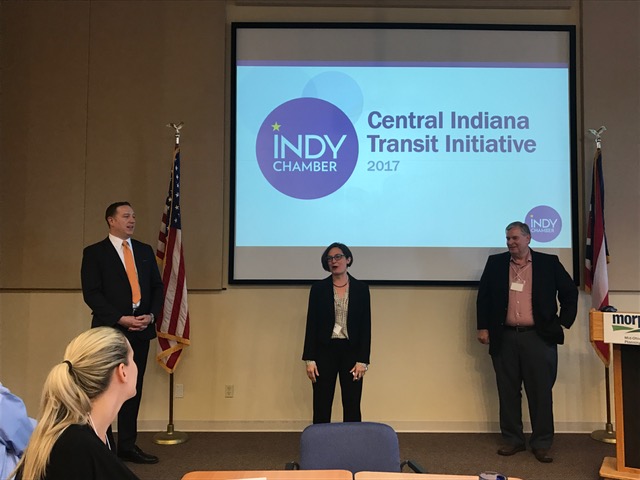
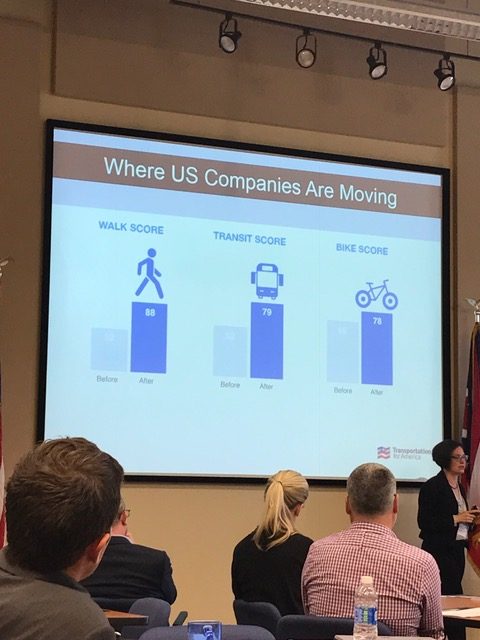 This Ohio-only edition in
This Ohio-only edition in 